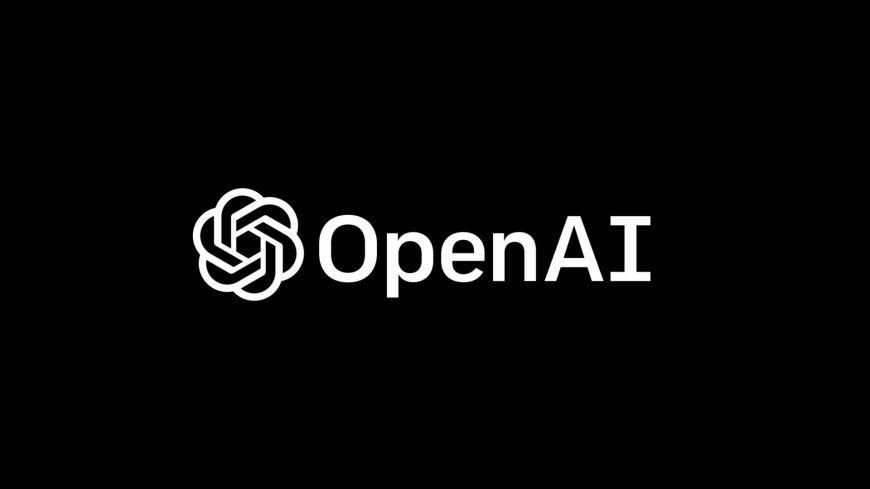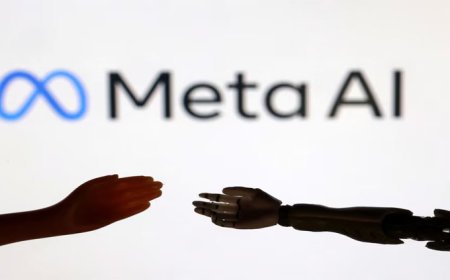OpenAI’s $6.5 Billion Financing Round: The Shift from Non-Profit to For-Profit and Its Impact
OpenAI is preparing for a $6.5 billion financing round, potentially transforming its corporate structure from a non-profit to a for-profit benefit corporation. This move, aimed at upending its current structure and removing the profit cap for investors, is crucial for maintaining its $150 billion valuation and securing additional investment. Key investors include Thrive Capital, Khosla Ventures, Microsoft, Nvidia, and Apple. The success of this restructuring will determine OpenAI's ability to advance its pursuit of artificial general intelligence (AGI) and influence its future growth and governance.

OpenAI’s New Financing Round: A Critical Crossroads in Its Evolution
OpenAI, the AI research powerhouse renowned for its innovations like ChatGPT, is poised for a significant transformation in its financial and corporate structure. According to sources familiar with the matter, OpenAI’s upcoming $6.5 billion financing round is set to take the form of convertible notes. This funding round, which could conclude within the next two weeks, reflects a pivotal moment for the company as it navigates a potentially transformative shift in its valuation and corporate governance.
A $150 Billion Valuation and Its Implications
OpenAI’s impressive $150 billion valuation underscores its status as the most valuable AI startup globally. However, this valuation hinges on more than just financial metrics; it is intricately linked to significant changes in its corporate structure. The company’s success in securing this funding is contingent upon its ability to overhaul its existing framework and possibly remove the profit cap that currently limits returns for early investors.
The current cap on investor returns was designed to balance commercial success with the ethical imperative of developing artificial general intelligence (AGI) safely and sustainably. However, as OpenAI intensifies its pursuit of AGI, a shift to a new corporate structure could be crucial for attracting further investment.
The Shift from Non-Profit to For-Profit Benefit Corporation
Originally established in 2015 as a non-profit research initiative, OpenAI has made substantial strides toward commercialization. It now offers subscription-based services like ChatGPT, which boasts over 200 million users. The organization is considering transitioning to a for-profit benefit corporation model, similar to those adopted by its rivals, such as Anthropic and xAI. This change could provide the flexibility needed to meet investor demands and fuel further growth.
The removal of the profit cap would not only enhance the attractiveness of OpenAI’s investment opportunities but also raise questions about the company’s commitment to its original mission. The non-profit board, which includes Chief Executive Sam Altman and entrepreneur Bret Taylor, would need to approve this significant shift. This decision could influence OpenAI's governance structure and its adherence to its foundational goal of building AI for the benefit of humanity.
Investor Participation and Market Reaction
The financing round has generated substantial interest from existing and new investors. Thrive Capital, Khosla Ventures, Microsoft, Nvidia, and Apple are expected to participate, with Sequoia Capital also in discussions to return. The strong investor demand reflects confidence in OpenAI’s growth potential and the transformative impact of its technologies.
If OpenAI’s restructuring efforts fail, the company might need to renegotiate its valuation with investors, potentially resulting in a lower valuation. Such a scenario would impact the conversion terms for existing shares and could influence future funding rounds.
OpenAI’s Future Trajectory
OpenAI’s transition from a non-profit to a for-profit structure, if approved, would mark a significant shift in its operational and financial model. While the removal of the profit cap could reward early investors with higher returns, it also raises concerns about the balance between commercial interests and ethical considerations in AI development.
As OpenAI continues to evolve, its approach to governance, investment, and mission alignment will be closely watched. The company's ability to navigate these changes successfully will be pivotal in determining its future trajectory and its role in advancing artificial intelligence for the benefit of humanity.
Stay tuned for further updates on OpenAI’s financing round and the potential implications of its evolving corporate structure.
What's Your Reaction?



























































